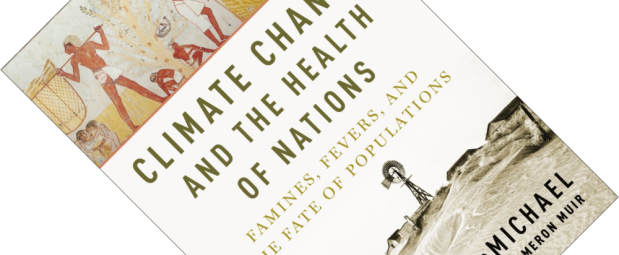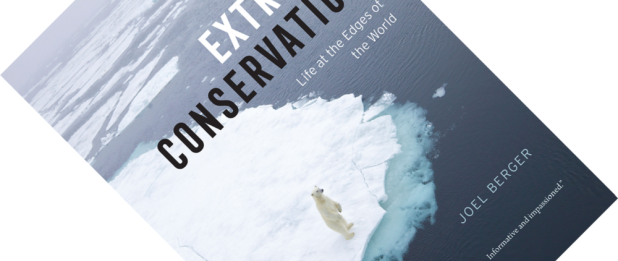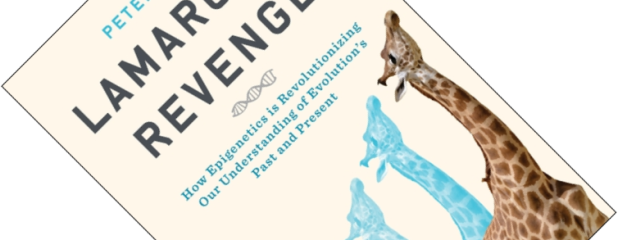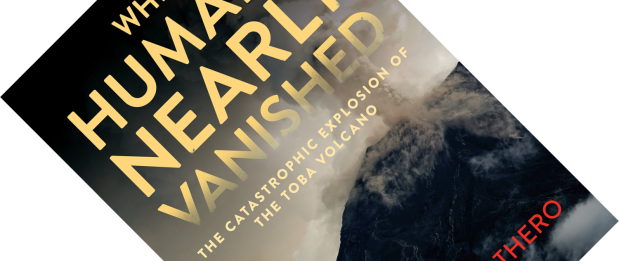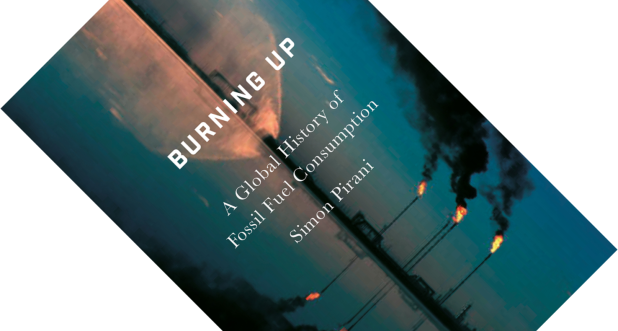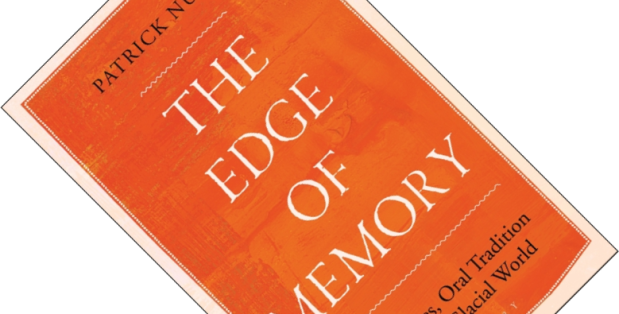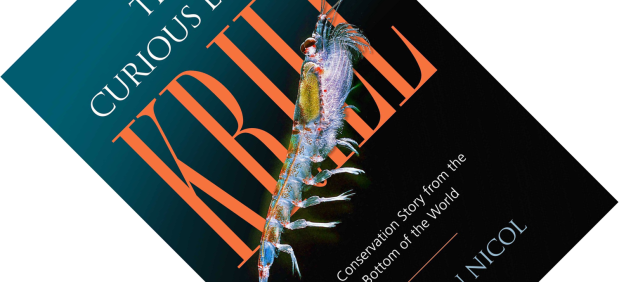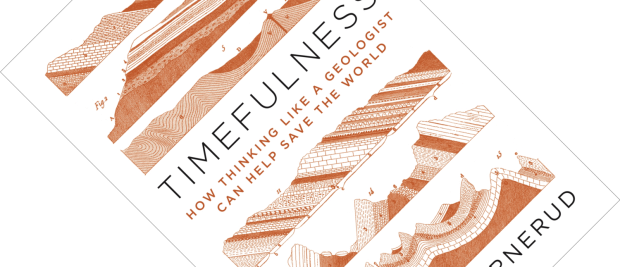When a history book leaves you reeling, you know that it has done its job properly. Climate Change and the Health of Nations is a grand synthesis of environmental history, charting the fate of civilizations and the links between climatic changes and the health of people. It is also a book that almost wasn’t.
climate change
Book review – Extreme Conservation: Life at the Edges of the World
Wildlife conservation and field biology are not for the faint of heart. Studying wild animals in their natural habitat brings with it long periods away from home, lack of comfort, and many logistical challenges. It calls for a certain kind of grit. But equally, it requires a persistent mindset to fight the cause of wildlife when conservation clashes with company’s bottom lines, political aspirations, and the wants and needs of an expanding world population. Even amongst this hardened bunch, few people would voluntarily venture into icy wastelands to study the animals existing at the edge of the world. Joel Berger is one of them and Extreme Conservation is his story, equal parts adventure narrative as it is a meditation on the value of wild nature.
Book review – Lamarck’s Revenge: How Epigenetics Is Revolutionizing Our Understanding of Evolution’s Past and Present
As one of several intellectuals who wrote about evolution before Darwin, time has not been kind to the French naturalist Jean-Baptiste Lamarck (1744-1829). Reviled during his lifetime by the influential Cuvier, after his death he became best remembered, and ultimately ridiculed, for the idea that characters acquired during an organism’s lifetime are passed on to its offspring. With the rise of the modern field of epigenetics, some of his ideas are making a comeback, albeit modified and adapted for the 21st Century. Palaeontologist and astrobiologist Peter Ward would even like to go so far as to restore some honour to his name and consider epigenetics a neo-Lamarckian process.
Book review – End of the Megafauna: The Fate of the World’s Hugest, Fiercest, and Strangest Animals
Mammoths and sabertooth cats are but two icons of an assemblage of large animals, or megafauna, that disappeared between roughly 50,000 to 12,000 years ago. As with all mass extinctions, several explanations have been put forward, but one man and his idea take centre stage in these discussions: Paul S. Martin’s overkill hypothesis. In End of the Megafauna, palaeomammalogist Ross D.E. MacPhee carefully scrutinises this idea, weighs up the arguments for and against, and explains its enduring allure. To quote Huxley, is this another example of “the slaying of a beautiful hypothesis by an ugly fact”?
Book review – When Humans Nearly Vanished: The Catastrophic Explosion of the Toba Volcano
When it comes to big volcanic eruptions, names such as Vesuvius, Mount Saint Helens, and Krakatau will ring a bell. But all of these are dwarfed by a far larger eruption that few outside of the science community will have heard of. Noted geologist, palaeontologist and author Donald R. Prothero here tells the story of the eruption of Mount Toba in what is nowadays Sumatra, Indonesia, some 74,000 years ago. An eruption so gargantuan that it almost wiped out the human race.
Book review – Burning Up: A Global History of Fossil Fuel Consumption
Fossils fuels have powered civilization since the Industrial Revolution, and their consumption has exploded in the last few decades. But for all the prosperity that coal, gas, and oil have brought, there are many downsides, not least amongst these climate change. So how did we get here? Usual explanations point at individual consumption and population growth, and I would be quick to agree. With Burning Up, Simon Pirani, a visiting research fellow at the Oxford Institute for Energy Studies, basically says “not so quick, things are not that simple” and provides a deeply researched history of fossil fuel consumption.
Book review – The Cradle of Humanity: How the Changing Landscape of Africa Made Us So Smart
The story of human evolution is constantly being refined with new findings and there is a glut of accessible books that cover this topic from various angles. Yet, with The Cradle of Humanity, geography professor Mark Maslin manages to provide an interesting and novel take on the subject, showing the reader how a happy combination of larger factors conspired to influence and steer our evolutionary trajectory. It could have ended up so differently…
Book review – The Edge of Memory: Ancient Stories, Oral Tradition and the Post-Glacial World
When I read the brief for The Edge of Memory, my first thought was: “Really, Bloomsbury is publishing a book on flood geology?” This creationist take on geology tries to interpret geological features in accordance with the Biblical account of a worldwide flood described in Genesis. If you haven’t read your Bible verses today, don’t worry, if I say “Noah” and “ark”, you probably know which one I mean. My guess was close, but not quite on the ball. Patrick Nunn, a professor of Oceanic Geoscience, here argues that ancient stories and myths hold within them descriptions of geological catastrophes and climatic changes. Welcome to the obscure academic discipline of geomythology.
Book review – The Curious Life of Krill: A Conservation Story from the Bottom of the World
Krill is one of those enigmatic invertebrate groups that feeds whole ocean ecosystems but remains itself little known. Even to a biologist such as myself (who has studied fish for crying out loud!), these critters are largely a set of question marks. I mean they are crustaceans, swim in the sea, are numerous and… oh look, a blue whale!
Book review – Timefulness: How Thinking Like a Geologist Can Help Save the World
At first blush, you might think this book is part of the ongoing craze of spiritual mindfulness books. But let me refrain from snarky comments. Geologist Marcia Bjornerud does indeed want to instil a sense of mindfulness about deep time, but one that is, pardon the pun, grounded in geology. In her opinion, most of us lack an awareness of durations of important chapters in our planet’s history and of rates of change of many natural processes. As a consequence, we fail to see just how rapidly we are altering our planet. In one of the first paragraphs she eloquently writes:
“Like inexperienced but overconfident drivers, we accelerate into landscapes and ecosystems with no sense of their long-established traffic patterns, and then react with surprise and indignation when we face the penalties for ignoring natural laws”.
And with that, she had me hooked.

